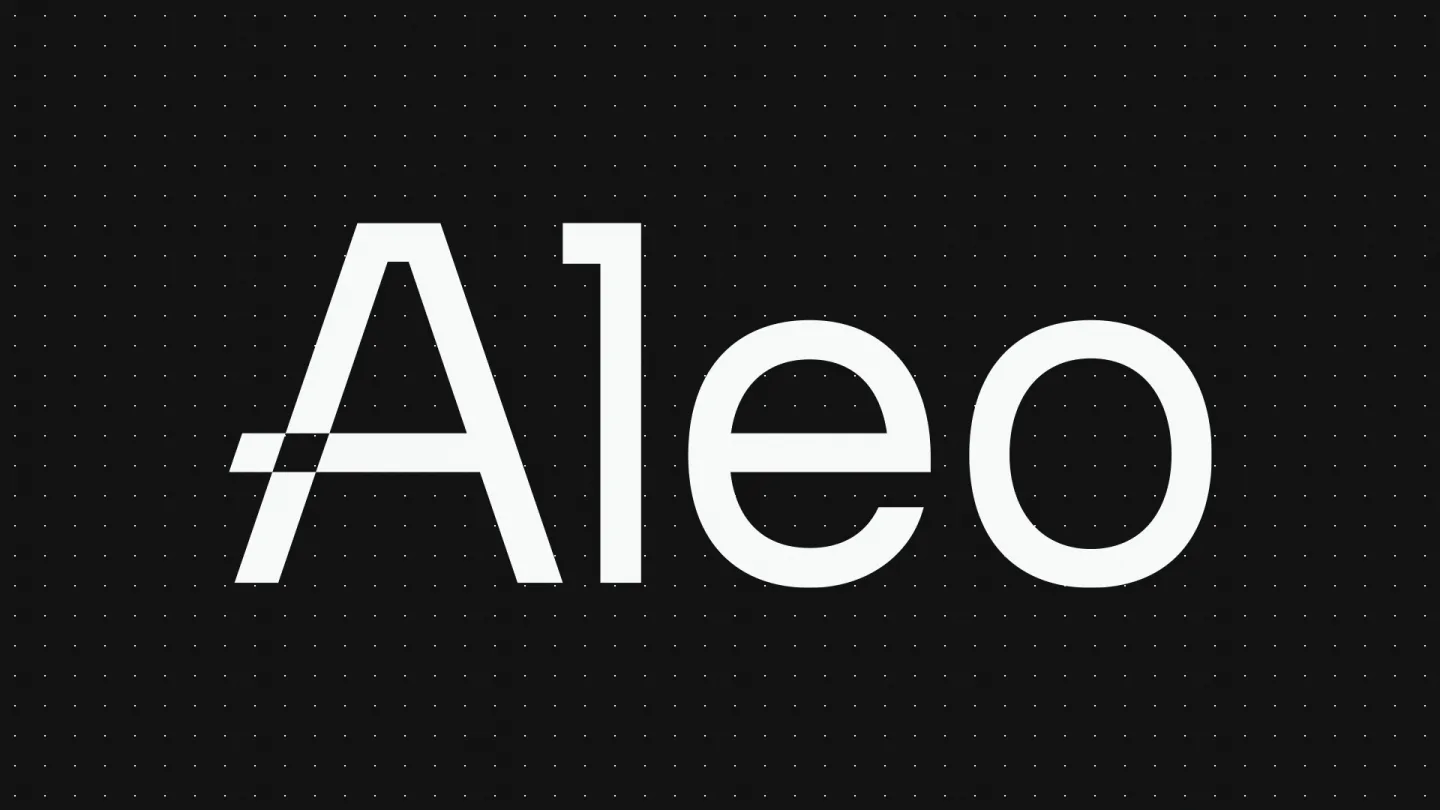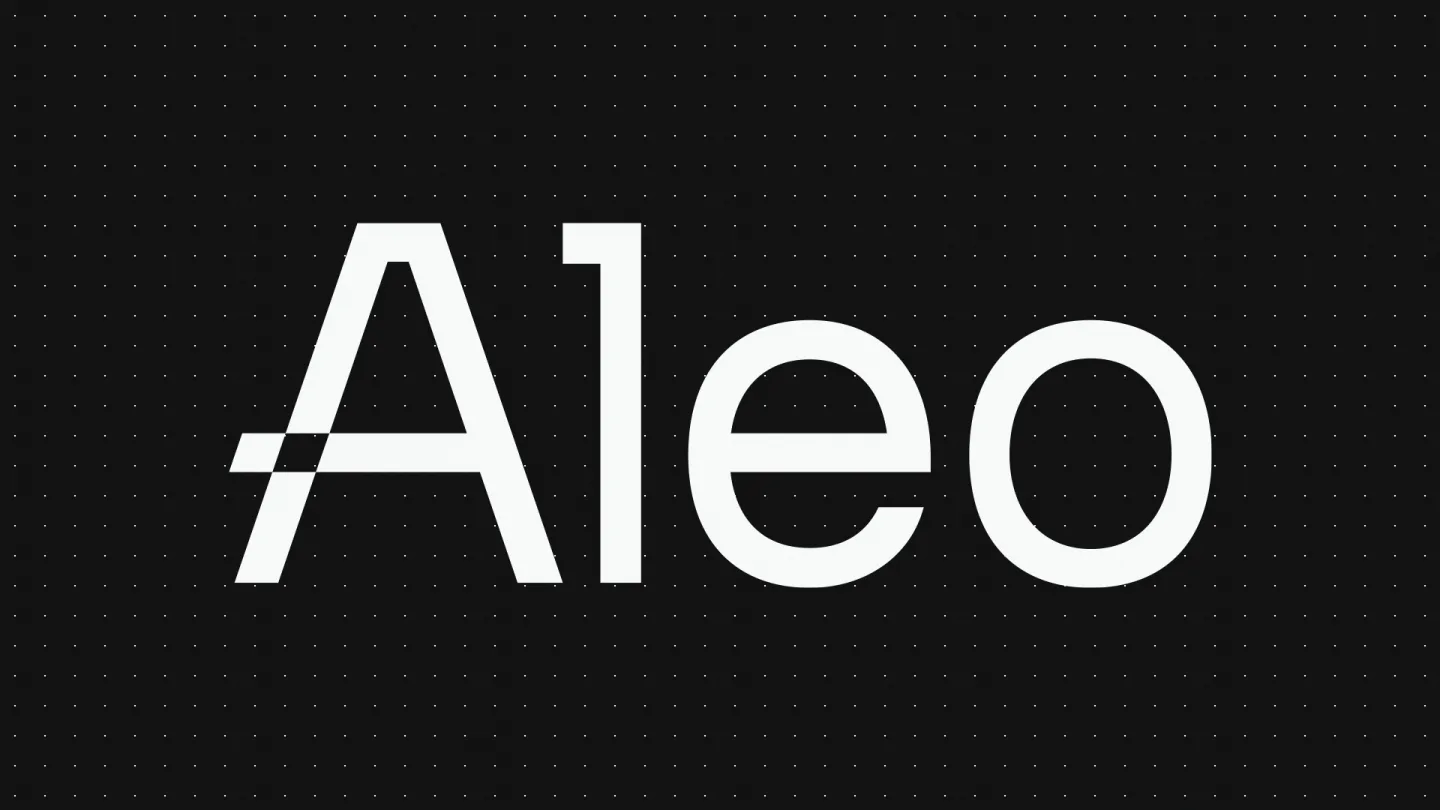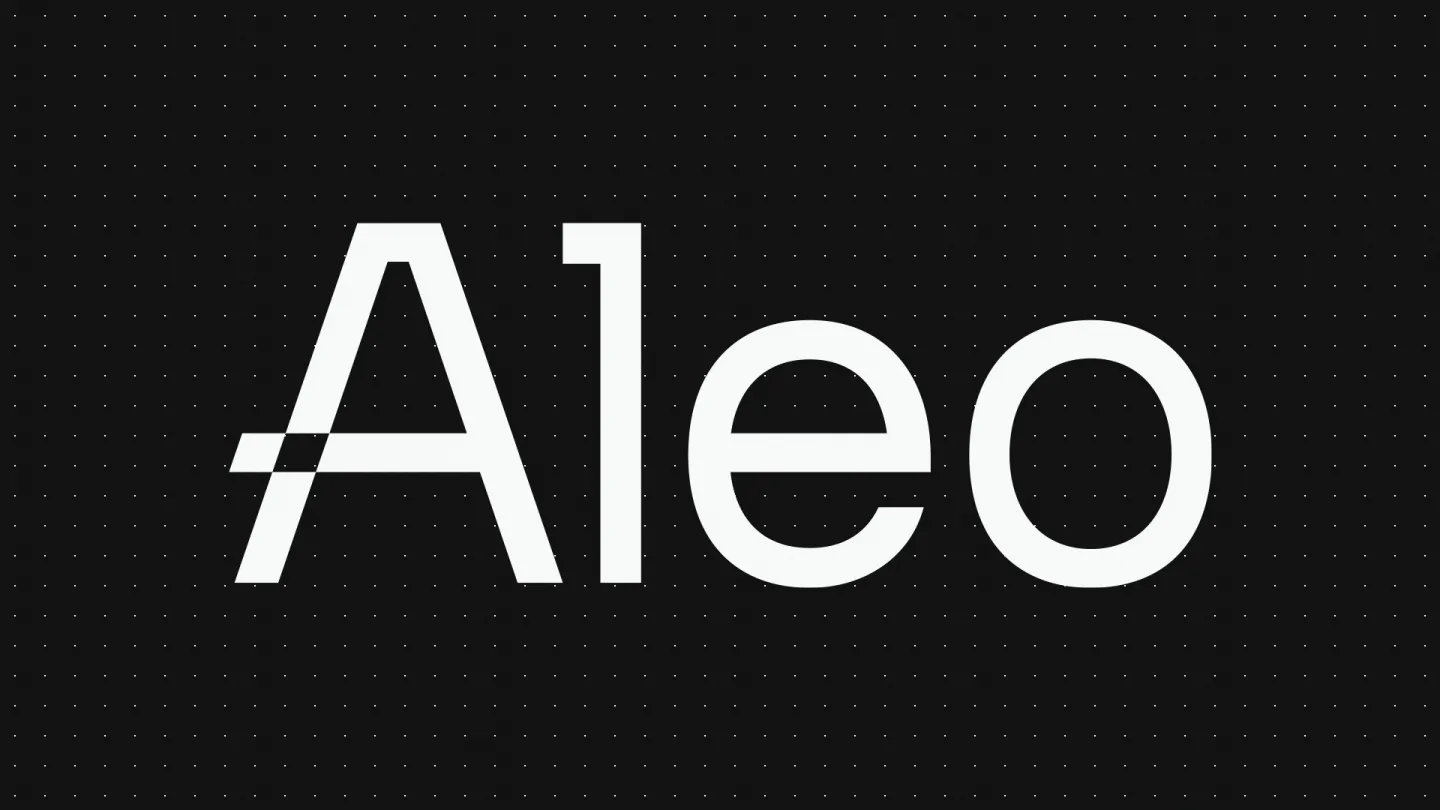Key Takeaways
- Zero-Knowledge Proofs (ZKPs): Aleo uses ZKPs to enable private transactions without revealing sensitive data.
- zkVM: Aleo’s unique zkVM supports secure, scalable, and private smart contracts, surpassing Ethereum-based zkEVMs.
- zkCloud: A decentralized off-chain platform for scalable and private cloud computation.
- Aleo Credits: The network’s native token is used for transaction execution, staking, and governance.
- Developer-Friendly: The Leo language simplifies the creation of privacy-focused dApps.
The Challenges of the Early Days of the Internet
Since the early days of the internet (Web 1.0), which launched publicly for the first time in April 1993, to the read-write interactive web (Web 2.0), the internet has continued to evolve. Web 2.0 became known the world over for various platforms such as Amazon, Facebook, LinkedIn, Twitter, and others by offering dynamic multi-functional application experiences across a wide range of devices.
However, despite its interactive design, Web 2.0 has been criticized at length for being too centralized, with many asserting its excessive focus on profit, unwarranted forms of advertising, fragmented security and privacy, recurrent mass surveillance, and widespread data theft have made it unsustainable.
Such phenomena have left many disenfranchised, questioning if the system actually benefits its users. In response, Web 3.0 seeks to leverage blockchain technology to flip the Web 2.0 model on its head by linking programs directly with one another, turning centralized applications into decentralized protocols.
While the issues we touched on above are perhaps of equal importance, the lack of online privacy is one of the main challenges we’ll discuss in this analysis. Most blockchain networks and traditional internet infrastructures lack privacy. We’re more than overdue to implement sustainable solutions that actually solve these problems. That’s where blockchain-based zero-knowledge computation comes in.
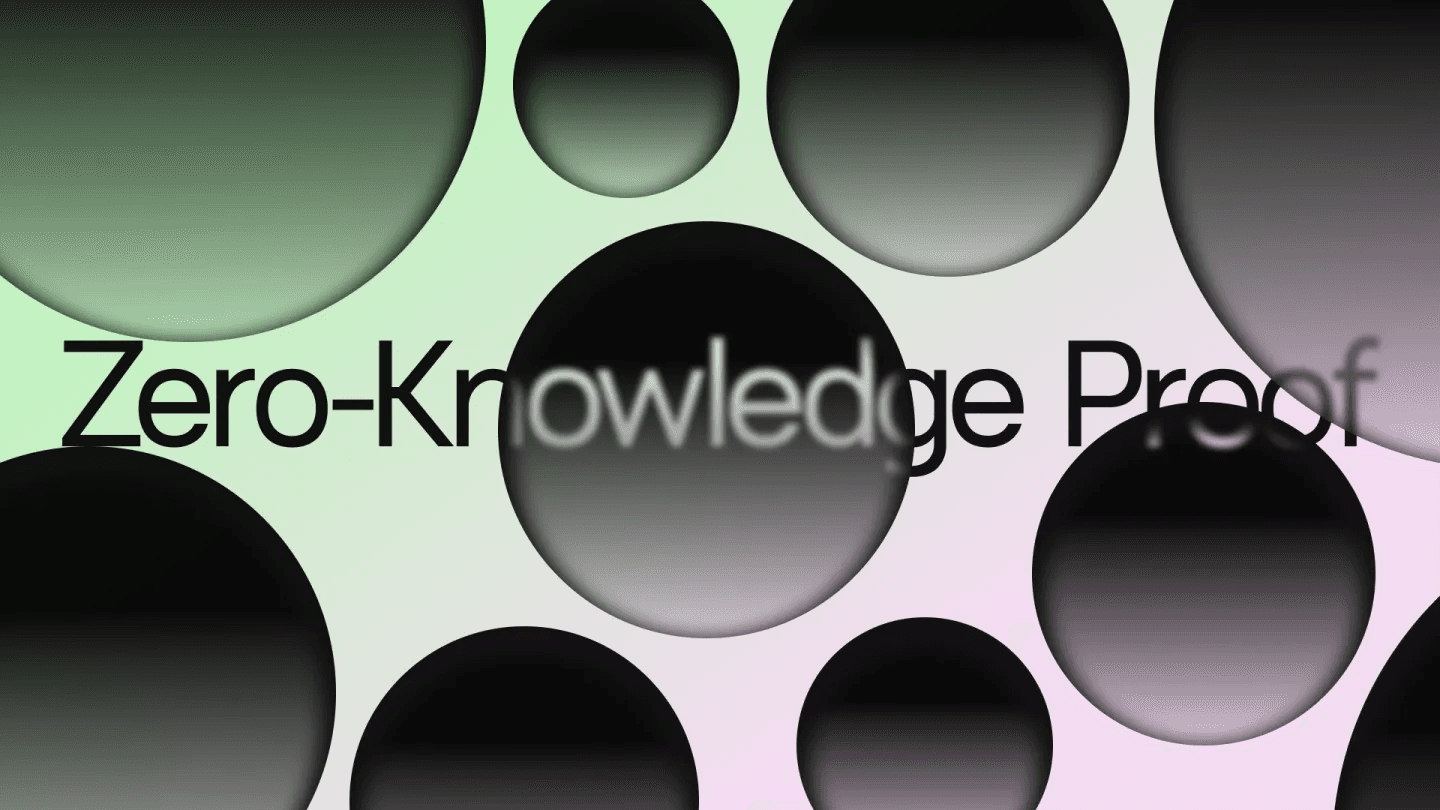
An Introduction to Blockchain Privacy and Zero-Knowledge Web 3.0
In recent years, privacy-preserving blockchain protocols have become a topic of great significance, while also being the subject of continued regulatory scrutiny because of ethical complexities and other issues related to data sovereignty and its legalities.
In general, privacy-centric technologies in the blockchain realm encompass secure multi-party computation (MPC), fully homomorphic encryption (FHE), trusted execution environments (TEEs), zero-knowledge proofs (ZKPs), and other related frameworks designed to conceal sensitive data on blockchains and other computing network types.
In general, zero-knowledge (ZK) is a cryptographic pillar used in computing and blockchain that allows for the concealment of private data for unintended parties. In more detail, zero-knowledge proofs, or ZKPs, are a foundational paradigm built with encrypted cryptographic technology that allows one party (the prover) to verify to another party (the verifier) that specific information is true without revealing additional sensitive data, thereby fostering secure, private digital transactions.
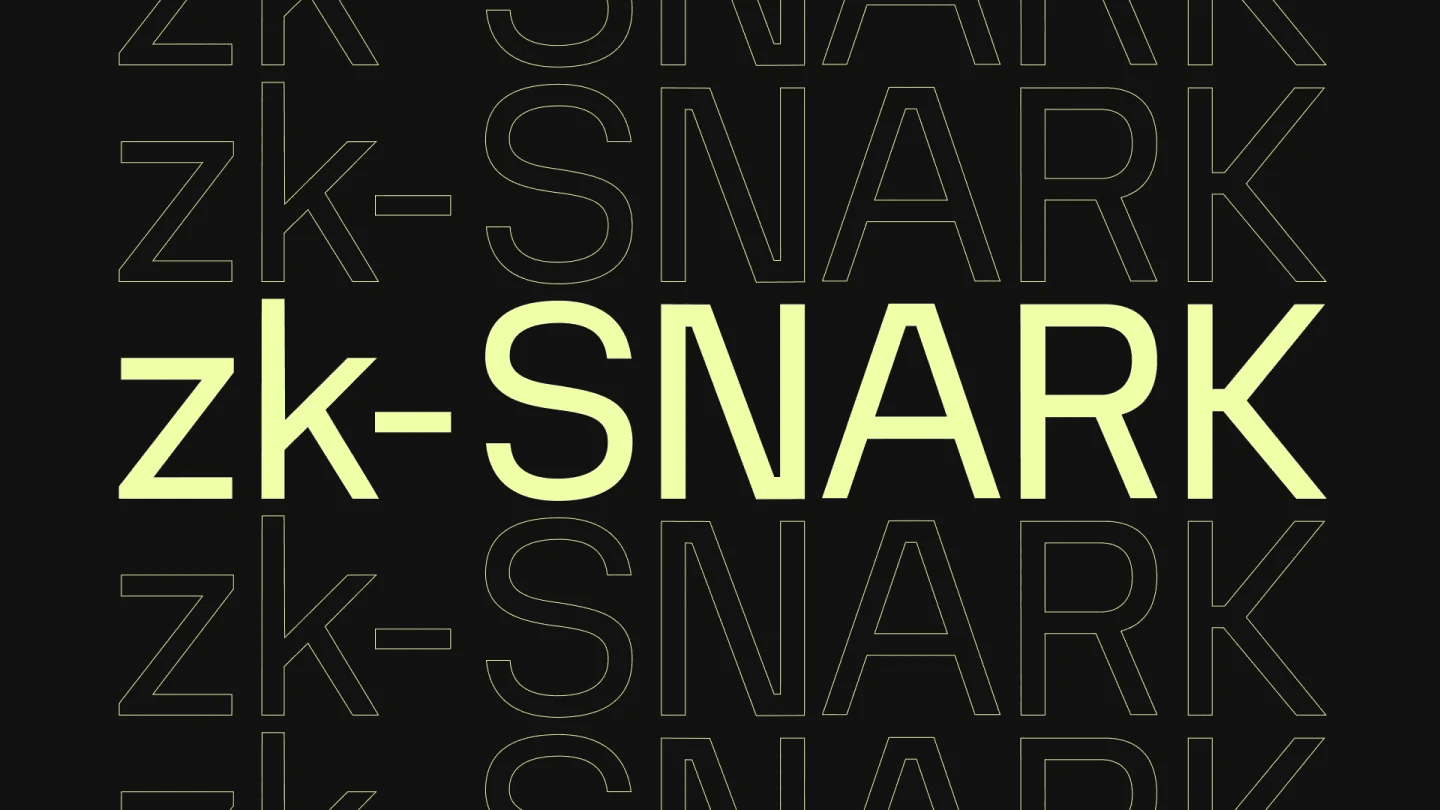
Aleo utilizes zero-knowledge to build a blockchain-based cloud computing network where privacy is standardized, not only for sending transactions on the network, but for a host of real-world applications.
Aleo and other blockchain renditions make use of zk-SNARKs (zero-knowledge succinct non-interactive argument of knowledge) to verify transactions in a private manner without revealing any sensitive data to public network participants. This type of zero-knowledge proof is more advanced compared to many traditional privacy-centric models.
However, on Aleo, the system employs its own custom-built ZK virtual machine (zkVM) environment, as opposed to the many privacy-focused zkEVM scaling environments that piggyback off the Ethereum network.
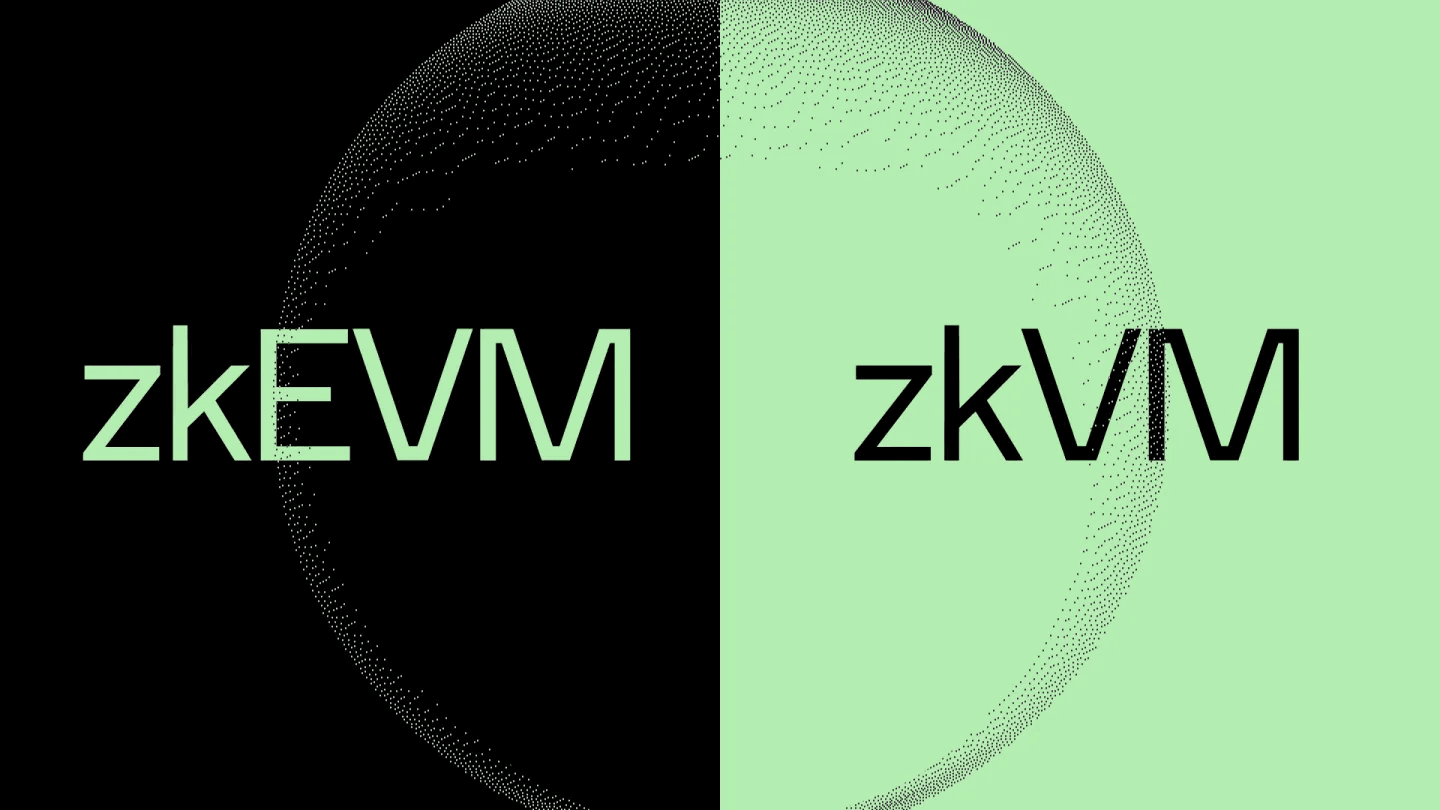
The Advantages of zkVM vs. zkEVM
Aleo makes use of a zkVM as a foundational privacy-preserving iteration on the Aleo network. Traditional zkEVM scaling solutions possess many advantages related to Ethereum and zero-knowledge, notably because they benefit from Ethereuem’s larger user base and EVM-compatible Solidity development (with a significant number of developers, shared infrastructure, and execution clients).
zkEVM networks (like zkSync, Polygon, Starknet, and others) focused on zero-knowledge proof scaling are susceptible to the many limitations of building this type of infrastructure on Ethereum. Most notably, these include high gas fee requirements and longer times needed to generate cryptographic proofs.
This framework is advantageous for some applications because every transaction is public and transparent because computation is completed on-chain. That said, this lack of privacy can be considered unsafe and unsustainable, especially for dApps focused on sensitive and personal financial data.
Aleo feels their zkVM solution (and others, in many instances) offers a virtual machine that guarantees secure and verifiable trustworthiness via zero-knowledge proofs. Mainly because the machine used to enter old state and programs on easily returns the new state in a trusted manner, optimizing its environment to ensure the integration of zero-knowledge proofs with on-chain transactions is more effective, less expensive, and simpler.
In summary, Aleo feels that zkVM offers greater scalability, flexibility, trust, and practical efficiency for a wide range of real-world uses when compared to zkEVM models.

Aleo: Layer-1 Cloud Computation and Blockchain Privacy Evolved
Aleo’s mission is to build a fully decentralized and private web powered by zero-knowledge cryptography, envisioning zero-knowledge as a foundational backbone of the future internet, similar to how HTTPS became fundamental for online commerce.
Zero-knowledge proofs and other related frameworks address the privacy limitations of blockchain networks, but have far-reaching implications on the overall integrity of security and privacy on the internet in its entirety.
Aleo is a Layer 1 blockchain that makes use of programmable smart contracts, arbitrary computation, and zero-knowledge as a foundational mechanism to secure transactions and preserve privacy on its network.
As we touched on above, Aleo leverages a zero-knowledge virtual machine (snarkVM) as a solution to many of the challenges related to the construction of privacy-focused smart contracts and protocols. Aleo also encompasses its own privacy-focused operating system (snarkOS) that combines with snarkVM to provision its in-house zero-knowledge cloud platform, zkCloud.
zkCloud is a decentralized, off-chain, peer-to-peer (P2P) cloud environment that allows for private, highly scalable computation that is symbiotically connected to the Aleo blockchain. The efficiency and privacy of zkCloud is a result of separating computation from state, ultimately enabling unlimited application runtime.
The premise of zkCloud is to connect shielded identities and shielded transactions on a network that is compatible with the Aleo blockchain to allow for the development of privacy-focused applications and protocols. Aleo’s privacy- and arbitrary computation-focused design helps streamline the development of uses such as DeFi, governance, and other applications that benefit from privacy.
Aleo possesses several characteristics that make it a game-changing solution for cloud-focused privacy-centric networks. These include:
- Low complexity - the Leo language eliminates low-level cryptography, making it easier for developers to build advanced private applications.
- Privacy out-of-the-box Aleo provisions a framework for dApps that are inherently private, allowing developers to ensure their applications are built possessing a strong user experience without compromising privacy.
- High scalability snarkVM removes computation off-chain by only requiring provers to publish proof of computation on-chain, remarkably improving network scalability.
- Unbounded runtime - secure off-chain computation nullifies gas-reliant execution models, enabling unlimited application runtime.
- Unmitigated decentralization - snarkOS enables an entirely decentralized public ecosystem for state storage and transaction verification.
- Enhanced data security - users are able to share zero-knowledge proofs rather than their personal information, dramatically reducing the amount of sensitive data that is stored and secured.
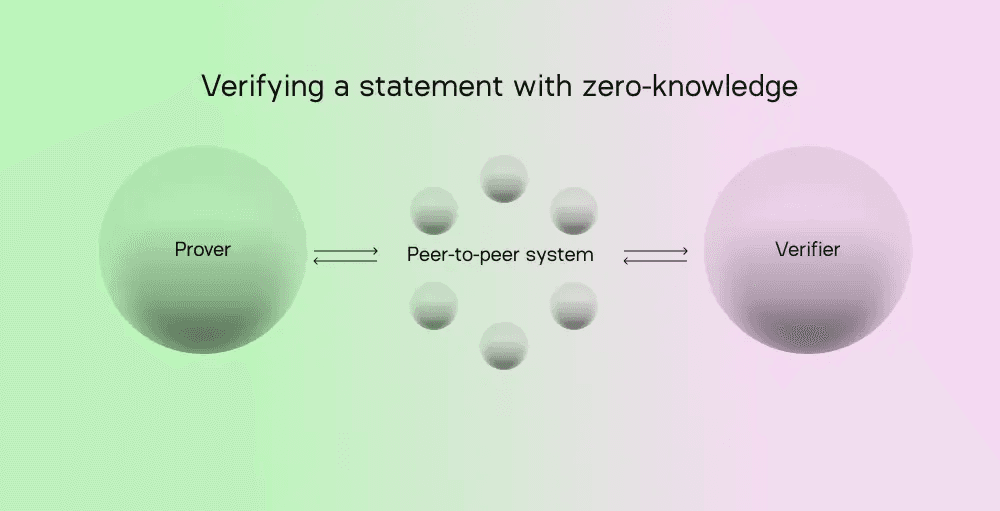
Aleo History and Background
Aleo’s parent company, Aleo Systems, was founded in 2019 by Howard Wu, Michael Beller, Collin Chin, and Raymond Chu, although Wu was the main founder initially.
In 2018, along with various computer scientists and privacy computing experts (including Shawn Bowe and other experts that helped found Zcash), Aleo founder and current CEO, Howard Wu published a paper titled “ZEXE: Enabling Decentralized Private Computation.”
The ZEXE acronym stands for “zero-knowledge execution.” The paper details the evolution of zero-knowledge proofs in Web3, with the central idea to extend Zcash’s private transactions to be smart contract-compatible. In the past, several teams have tried to recreate this idea, but all had failed until Aleo’s Howard Wu was actually successful.
In addition to co-founding Aleo, Howard Wu is one of the founders of Blockchain at Berkeley (a student-run organization focused on blockchain education, consulting, design, and research), in addition to also being a co-founder of crypto investment firm Dekrypt Capital and an advisor to the Berkeley Blockchain Research Center.
Wu studied electrical engineering, computer science, and applied mathematics at the University of California, Berkeley for 6 years, completing his Master’s degree in 2018. After graduation, Howard worked as a software engineer at Google for about a year prior to founding Aleo. Wu is a seasoned expert in the fields of blockchain, zero-knowledge, Data-as-a-Service (DaaS), and privacy protection.
Michael Beller helped co-found Aleo and served as the COO and CFO between December 2019 and February 2023. Prior to his extensive career in computing and finance, Michael obtained his Bachelor of Science in 1984 at Cornell University in operations research and industrial engineering. After graduation, Beller worked as a senior manager with Accenture from 1984 to 1991.
Beginning in 1994, Michael went on to co-found Diamond Management & Technology Consultants and held various upper management positions with several firms in numerous industries before spending 6 years (between 2014 and 2019) as a general partner at CoVenture investment management where he specialized in cryptocurrency investing, specialty lending and credit, and venture capital. He left CoVenture in December 2019 to focus on the founding and development of Aleo.
In late 2019 Collin Chin became one of the co-founders of Aleo Systems where he spent much of his time developing Aleo’s proprietary Leo programming language.
Like several of his colleagues, Collin studied at the University of California, Berkeley, completing his degree in electrical engineering and computer science between 2015 and 2018. Between 2016 and 2020 Collin was a technical advisor to Blockchain at Berkeley. In 2014, Chin worked as a robotics and programming instructor for SySTEMic Solutions in Virginia. He then went on to spend time at GnosisDAO as a blockchain developer; and before that, as a developer intern at ConsenSys for parts of 2017 and 2018.
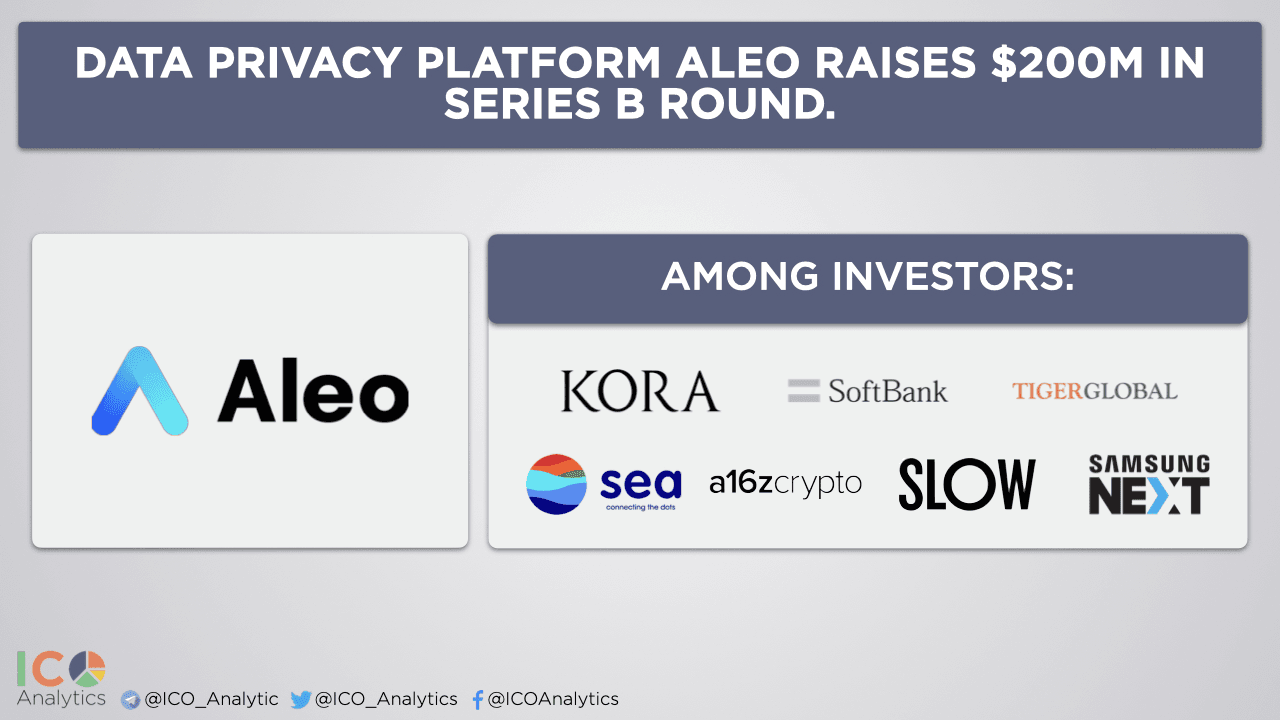
Raymond Chu is one of the co-founders of Aleo. Prior to its founding, Chu studied computer science at the University of California, Berkeley, completing his Bachelor’s degree between 2015 and 2019, while also contributing to Blockchain at Berkeley as a software project manager between 2016 and 2020. In addition, Raymond completed software engineering internships at both Amazon and IBM between 2017 and 2018.
Alex Pruden joined Aleo in November 2020 less than a year after the company was initially founded. Between 2008 and 2017, Alex spent 9 years in the US military in various capacities, even leading tours of duty in the Middle East. Prudent earned a Bachelor's in international relations at the United States Military Academy at West Point between 2004 and 2008, and later went on to complete his MBA from the Stanford University Graduate School of Business between 2017 and 2019.
In 2017 Pruden began a position as a blockchain research analyst at GGV Capital, then spent time as a corporate development intern at Coinbase in 2018, before joining a16z (Andreessen Horowitz) full-time in early 2019. Alex was a partner and direct investor in the a16z fund and a former trading partner at a16z Crypto and possesses extensive experience in various VC and financial industry roles.
Upon joining Aleo, Alex initially spent 4 months as CSO and then became the COO in April 2021, before becoming the CEO in August 2022. Shortly after the December 2023 announcement that Aleo would split into two and form its own foundation, Aleo appointed Alex to become the Executive Director of the Aleo Network Foundation. In his new role, Alex will help provide operational and technical expertise as the project evolves to ensure its governance, developer education, and product incubation is on point.
In terms of funding, after nearly two years of conceptualization and early-stage development, Aleo conducted a Series A funding round in April 2021 for 28 million led by Andreessen Horowitz (a16z). Pruden’s close ties to a16z indirectly led to their initial investment in Aleo. The round was also supported by Galaxy Digital, Dekrypt Capital, Polychain Capital, Coinbase Ventures, Scalar Capital, Placeholder, Slow Ventures, and others.
In February 2022, the Aleo project raised 200 million in a Series B funding round with a reported valuation of 1.45 billion. The round was led by Kora Management LP and the SoftBank Vision Fund 2, with Andreessen Horowitz, Tiger Global, Sea Capital, Samsung Next, Slow Ventures, and others also contributing. According to Aleo, this Series B funding round represented the largest fundraising round ever for a zero-knowledge-focused company.
Finally, in August 2022, Aleo secured an additional 70 million in a Series B+ funding round led by Softbank Vision Fund 2 and Samsung Next.
The Aleo Network Foundation and Aleo Governance
In December 2023, Aleo announced the formation of the Aleo Network Foundation to help steer the project in the right direction moving forward.
In the coming months, foundation Executive Director Pruden will appoint a board of directors to help govern and lead the direction of the larger Aleo ecosystem, signifying the importance of Aleo’s larger mission long-term.
The Aleo Network Foundation will also spearhead the parameters of several main initiatives, including:
- Developer Education: The Aleo network will continue to offer developer education programs (expanding on Aleo’s previous DevReal Ambassador Program and Education Grants Program) and initiatives, especially those focused on educating developers on Leo; therefore, allowing them to build cutting-edge zero-knowledge applications.
- Grants Program: Moving forward, it will be even more pivotal for Aleo to continue to encourage developers to build ZK programs, applications, and protocols in Leo. Accordingly, Aleo will continue to expand their developer grants program by initially allocating 150 million Aleo Credits to support innovative forward-thinking projects designed for the Aleo network.
- Product Incubation: To continually grow the Aleo ecosystem long-term, Aleo will continue its focus on the development of several foundational product offerings, beginning with zPass. These undertakings will serve as inspiration for the community, representing a blueprint for the creation of future products and the continued expansion and adoption of Aleo.
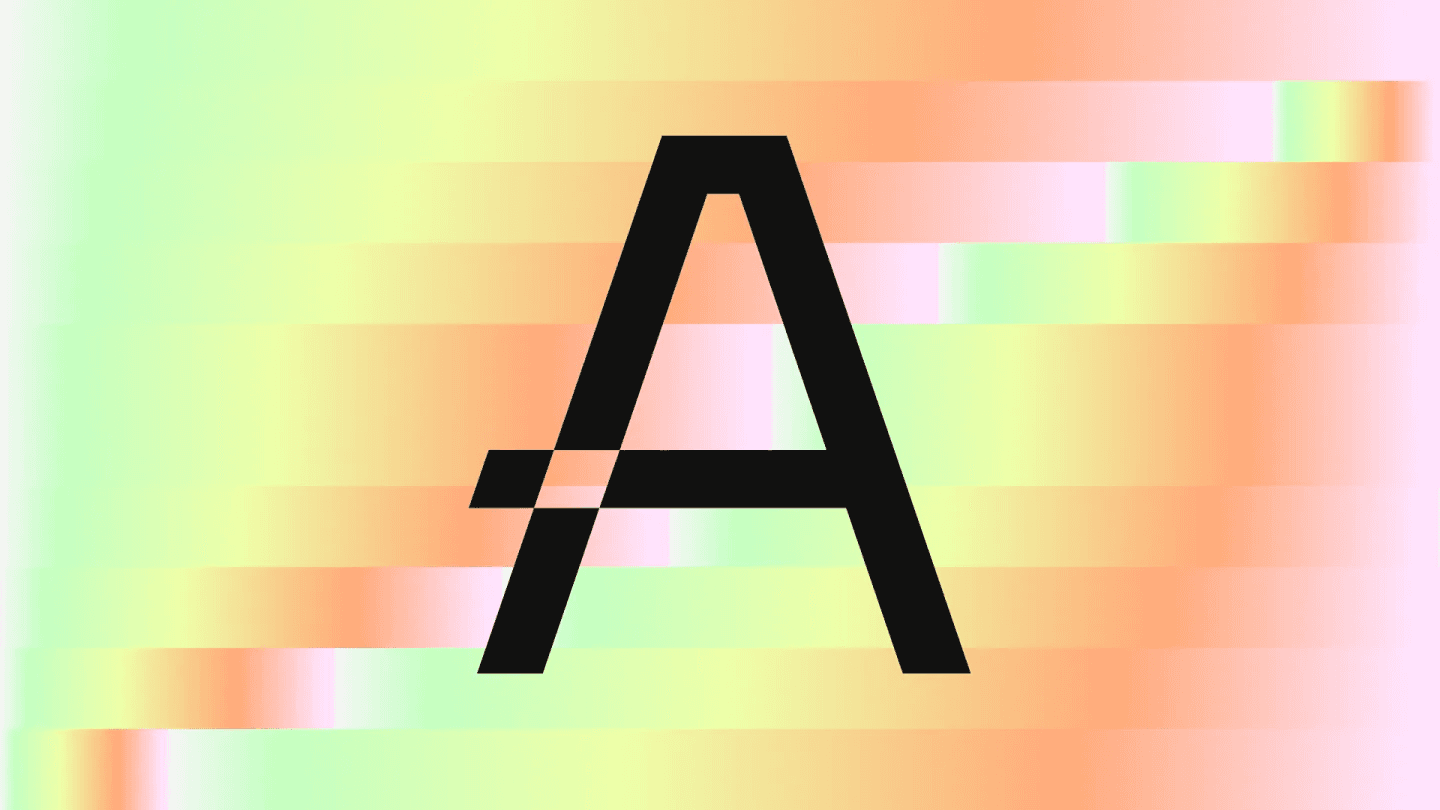
Along with the blockchain architecture that will execute the various on-chain systems on Aleo, the Aleo Network Foundation will help contribute to the governance of the overall Aleo ecosystem.
As mainnet launch approaches, the Aleo platform will undergo vast changes. For instance, soon Aleo will no longer have a core “engineering team,” and instead leverage a core global community of developers, researchers, designers, engineers, and other contributors to jointly drive the evolution of the Aleo project moving forward.
After this change, the Aleo Network Foundation’s role will be to act as a facilitator, not a leader. Therefore, upon launch, the Aleo Request For Comment (ARC) process will be revived to lead the creation of a democratic, transparent, and efficient means to initiate future protocol modifications.
Private collusion-resistant governance voting infrastructure is foundational to free and fair governance on Aleo, enabling communities and organizations to make decisions anonymously without fear of censorship. In addition, private on-chain voting and private DAO infrastructure will be pivotal to Aleo’s continued evolution. After mainnet launch, Aleo Credit holders will be able to participate in governance by voting on potential upgrades and changes to the protocol.
The Aleo Network Foundation’s goal is to engage in constructive technical discussions throughout the broader open-source ecosystem by engaging internal technical experts and external community advisors. As such, a devoted technical advisory committee will play a vital role in guiding the nature of these conversations to ensure the foundation remains committed to the long-term mission of the Aleo network.
Aleo Credits and the Economic Structure of the Aleo Ecosystem
Aleo takes a unique approach by referring to its tokenized unit of account as Aleo Credits. Regardless, the utility of Aleo Credits is multifaceted, fueling a privacy-centric ecosystem to facilitate seamless transaction execution and programmatic executions within the Aleo network.
Aleo Credits enable numerous functionalities within the greater Aleo ecosystem. These include:
- Providing access Aleo Credits provide accessibility to blockspace and computational network resources, allowing users to pay to submit and process transactions on the network.
- Generating incentives Validators and provers are rewarded in Aleo Credits for participating in Aleo’s security; therefore, incentivizing a more secure robust network.
- Enabling staking On the Aleo network, Aleo Credits can be staked within network validators to contribute to block production and protocol security in exchange for a prorated share of network rewards (currently set at 23 credits per block).
- Powering governance Aleo Credit holders are able to take part in decentralized governance by voting on changes and potential upgrades to the protocol.
In addition to the utilities touched on above, Aleo Credits offer a wide range of utilities within Aleo’s extended ecosystem. Whether executing transactions, interacting with decentralized applications (dApps), or running programs, Aleo Credits are central to realizing the operational efficiency of the larger Aleo network.
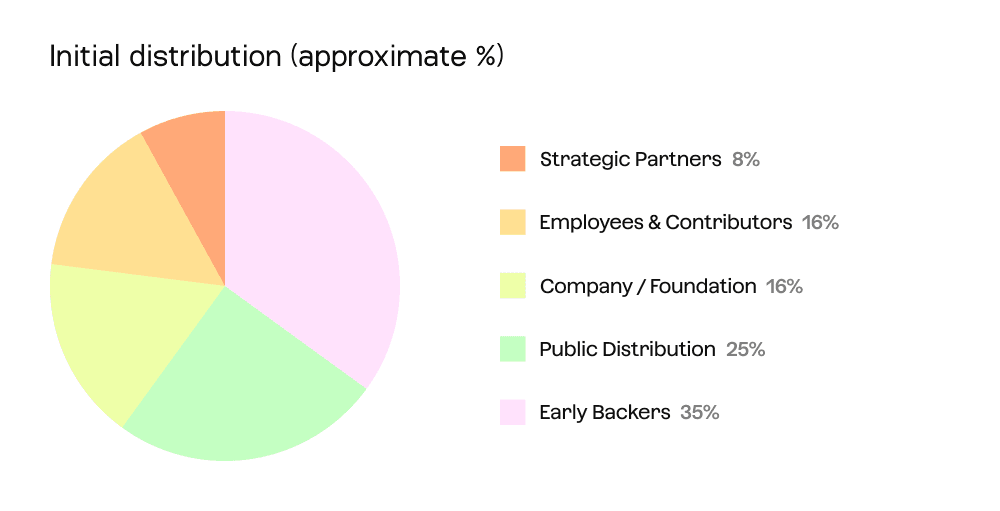
On Aleo, Aleo Credits are utilized to cover the costs associated with transaction execution on the Aleo blockchain. Each time a user initiates a transaction, a specific number of Aleo Credits is required to pay for the computational resources to process the transaction. Like any blockchain, the amount of gas required depends on the transaction’s complexity and asset size.
Aleo Credits are also used to help pay to run protocols, dApps, and various programs on the Aleo network. Fortunately, the costs associated with carrying out these processes can be determined ahead of time, allowing developers to manage the allocation of their credits more efficiently.
This allows engineers and builders to eliminate unforeseen costs, enabling an equitable costing model that encourages the development and usage of products and services in an egalitarian manner. This in turn fosters trust and ease of use to drive more engagement and innovation within the Aleo network.
Aleo Credits also play a critical role in maintaining privacy on Aleo. For instance, when users leverage dApp or protocol services (think ZeFi, ZK gaming, private-identity frameworks, wallets, exchanges etc.), the confidential and immutable nature of Aleo Credits ensures that user data remains concealed from third-parties. Overall, Aleo Credits help provide a secure foundational economic framework to ensure the transparency and equitability of the Aleo network.
More specifically, at launch, the initial supply of Aleo Credits will be 1.5 billion, with five separate allocations being distributed to various aspects of the project over time:
- 35% - early backers
- 25% - public distribution
- 16% - company / foundation
- 16% - employees & contributors
- 8% - strategic partners
The total circulating supply over the next 10 years is estimated to grow to 2.6 billion, with a total supply of 3 billion in 2034. The total circulating supply will double in about 21 years, as more rewards are issued. In fact, according to Aleo, 50% of all Aleo Credits minted over the next 10 years will be given to the community.
The inflation rate decreased over the initial 10-year period from 12% in year one, to 2% in year ten, with an target inflation rate of 0% over time.
Overall, Aleo Credits allow developers and users to secure verification and data services on the greater Aleo network. Moreover, they are also designed to compensate service providers, which in turn benefit Aleo’s larger open-source ecosystem.
Resources
The information provided by DAIC, including but not limited to research, analysis, data, or other content, is offered solely for informational purposes and does not constitute investment advice, financial advice, trading advice, or any other type of advice. DAIC does not recommend the purchase, sale, or holding of any cryptocurrency or other investment.
